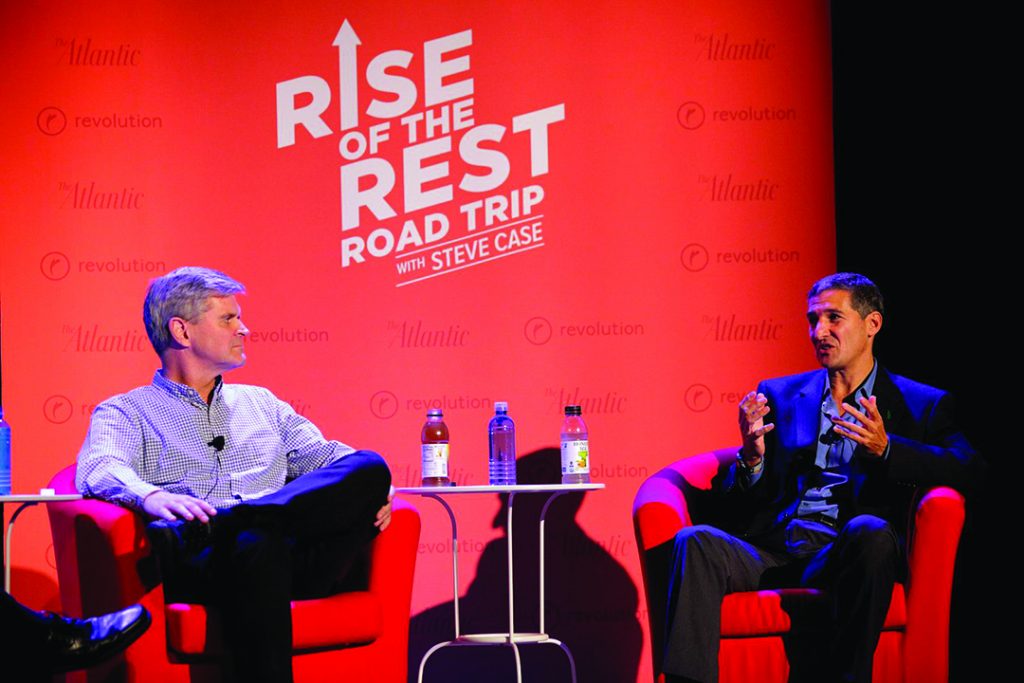Becoming a Billionaire Without a Business Plan

Most startups need a business plan because they depend on venture capital funds or banks for financing Understandably, pitching a business idea to potential investors typically requires a business plan. But how decisive are business plans in determining the success of an entrepreneur? It’s a good question, and one that by no means only applies to startups. “Sometimes You’ll Have To ‘Zig’ When The Blueprint Says ‘Zag.’”
In his autobiography, Michael Bloomberg, No. 9 on the Forbes list of the richest people in the world with assets of $55 billion, details the earliest days of his company. One of his key insights is that rigid planning can do more harm than good: “You’ll inevitably face problems different from the ones you anticipated. Sometimes you’ll have to ‘zig’ when the blueprint says ‘zag.’ You don’t want a detailed, inflexible plan getting in the way when you have to respond instantly.” While his competitors were still busy trying to come up with the perfect final design, he was already working on the fifth version of his prototype. “It gets back to planning versus acting. We act from day one; others plan how to plan — for months.” Bloomberg stressed that making forecasts about new business ideas is mostly a useless and meaningless task. “The noise in the assumptions you have to make is so great, and the knowledge you have of strange areas so limited that all the detailed analysis is usually irrelevant.”
“If You Plan, You Lose. If You Don’t Plan, You Win.”
The Chinese entrepreneur Jack Ma is just as skeptical as Bloomberg when it comes to rigid business plans. Worth $34.6 billion, the founder of Alibaba is now the richest man in China. When he was trying to get his business off the ground, he approached venture capitalists in Silicon Valley to raise money. The investors he met expected him to present a fully developed business plan. But, much like Bloomberg, Jack Ma did not have a business plan. His motto was: “If you plan, you lose. If you don’t plan, you win.”
But from the outset, he thought big and set very ambitious goals. Shortly after he founded his company, he told a journalist: “We don’t want to be No. 1 in China. We want to be No. 1 in the world.” He was so convinced of his future success that he even had a meeting filmed in his modest apartment in February 1999 — as a document for the company’s later history. During the small meeting, he posed the following question: “In the next 5 or 10 years, what will Alibaba become?” Answering his own question, he said, “Our competitors are not in China but in Silicon Valley… We should position Alibaba as an international website.”
Google’s Founders Started Without A Business Plan
Larry Page and Sergey Brin, worth $50.8 and $49.0 billion, are ranked No. 10 and No. 14 on the Forbes list of the richest people in the world. They also have some things in common with Michael Bloomberg and Jack Ma. They didn’t have a fully fleshed-out business plan when they started, and they changed their business model again and again. The two creators of Google, both born in 1973, had a bright idea: They wanted to build the best search engine in the world. According to the book, The Google Story, “Neither of the guys had a clear idea of how the company would make money, though it seemed to them that if they had the best search engine, others would want to use it in their organizations.”
Pivoting
Are all of these examples just exceptions? Just how important are business plans? A 2010 scientific study compared the growth of more than 11,000 companies. The study found that planning improved business performance. However, the study also demonstrated that this applies more to established companies than startups. And the researchers stressed that for any business plan, setting goals and being willing to change the business model is more important than trying to predict business developments in detail.
An important concept in terms of understanding the success of many startup companies in Silicon Valley is pivoting. This involves being prepared to radically change the original business model at a moment’s notice. The goal is not to implement an original concept and prove how good the initial plan was. The goal is to establish a strong market position. If that means abandoning the plan and giving the company a completely new and different direction, then it’s time to pivot.
Dr. Rainer Zitelmann is a historian and sociologist, author, businessman, and real estate investor. His recent book is Dare to be Different and Grow Rich: Secrets of Self-made People Who Became Rich and Successful.




Responses